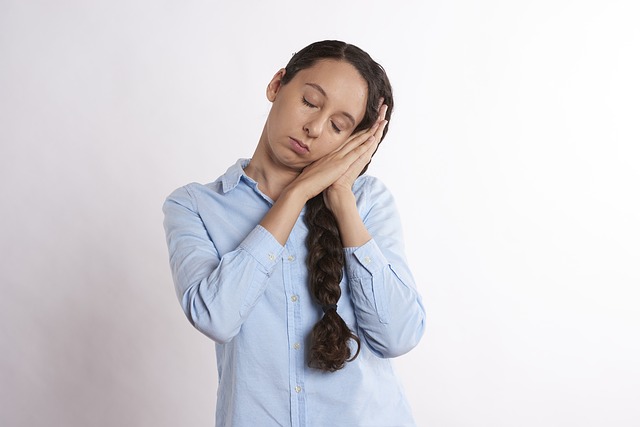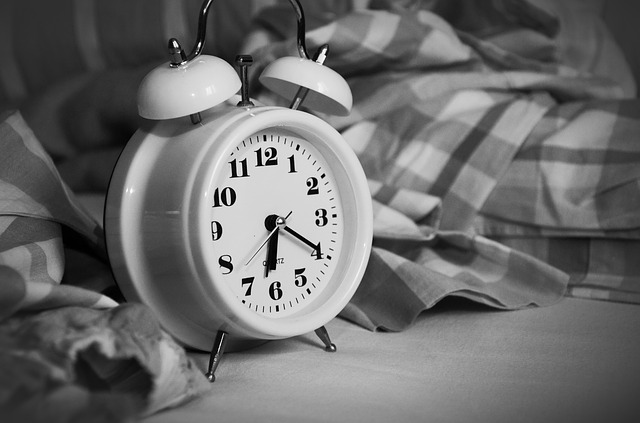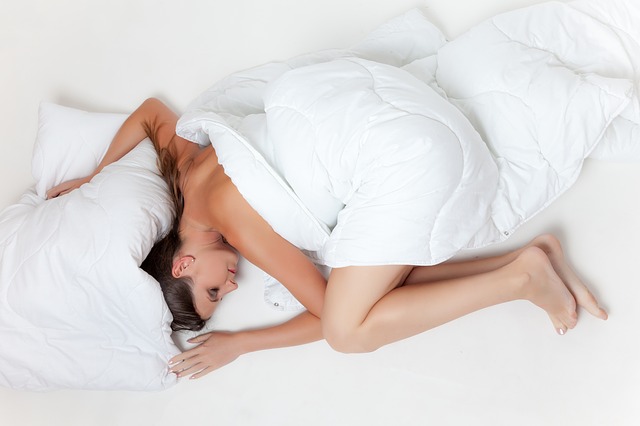The Art of Enjoying Quality Sleep
Beth Joscelyne, 2018 SPCNM Graduate Practitioner
We fight it when we are young, but yearn for it once we reach adulthood. And we all spend around a third of our life doing it. Sleep. No matter what your sleep patterns are like, few would disagree that sleep is critical. But, according to research, transient insomnia affects up to 80% of the population, and chronic insomnia affects around 15%. So with that said, I think a post on the art of good quality sleep is in order!
It’s all about the quality, not quantity…
Even if you do manage to get your 7, 8 or more hours of sleep a night, this doesn’t necessarily mean you are enjoying good quality sleep. If it is interrupted, or induced via sleeping tablets you won’t be operating at optimum.
While most of us appreciate the detrimental effects chronic insomnia can have on our health, it is less recognised that poor quality sleep is also really bad for us. Long term poor quality sleep is linked to negative health effects, including diabetes, hypertension, and cardiovascular disease, and even increased risk of death. And it gets more interesting, as numerous studies highlight that, just like not getting enough of the good stuff (sleep) is bad for you, so is regularly sleeping more than eight hours!
A massive sleep study that involved over a million people clearly highlighted sleep quality matters much more than sleep quantity when it comes to good health. So rather than getting obsessed about your ‘8 hours’, your focus should be on ensuring you are receiving quality sleep. Another important point to consider, is if you find yourself needing heaps of sleep, it’s likely your body is trying to tell you something. Are you nutrient deficient from a poor diet, are you over-stressed or over-exercising, are you eating foods your body is sensitive to? It may be these things that are causing you to feel that no matter how much sleep you get, it still just isn’t enough…
Okay, so how can we increase the quality of our sleep?
- Earth yourself! There is a growing body of research that indicates ‘earthing’ or direct physical contact with the surface of the Earth (and its the plentiful supply of electrons) offers physiological and subjective health benefits, including improved sleep quality. This is as simple as walking barefoot outside for a few minutes each morning or evening.
- Mindfulness… Establish a daily mindfulness practice. Let’s face it, the benefits of mindfulness just keep turning up in these posts. The list of health benefits is enormous, and yes enhanced quality of sleep is on the list. So whether it’s meditation, yoga, a mindful evening bare foot walk in the garden (2 birds, one stone J), pick a mindfulness activity that resonates with you & JUST. DO. IT.
- Limit screen time in the evening. Ideally at least 2 hours prior to bed, you want to start winding down the mind. Particularly relevant in today’s world, this means aim to switch of your phone, iPad, lap top and tv well before you head to bed.
- Make it black. That is, make your room as close to pitch black as possible. Light stimulates both the body and mind, promoting alertness and increased energy. Insufficient darkness in your bedroom not only makes the falling asleep process more difficult, but also leads to regular and extended awakenings. Sleeping in a pitch-black room on the other hand promotes high quality, refreshing sleep. So what are you waiting for – once you go black, you’ll never go back.
- Aim to be in bed by 10.30pm. This is because we can get a cortisol surge after 11 p.m. which results in us feeling awake & alert, making it harder to get to sleep. Intense exercise in the evening also raises cortisol levels, leading to difficulty falling & staying asleep. So if you like to be active in the evening, a yoga class would be a better option than high intensity exercise – leave this for when you want to be alert and energised.
- Be honest… Is alcohol impacting your sleep quality? Yes, sorry I have to go here. This is a really common one, so if you are not waking up feeling refreshed & energised, take responsibility – start reducing the amount of alcohol you drink, and implement at least two alcohol free days every week.
- Coffee…? Another unpopular call, but if you are sensitive to caffeine it may well be hijacking your quality sleep, particularly when you are under stress. Have your last coffee no later than 2pm, or earlier if you know you are sensitive to caffeine – your adrenal glands will thank you for it.
Call to action!!
If you aren’t currently waking up feeling energized and refreshed, it’s time to take responsibility. Quality sleep is critical to good health – your mental and your physical health! There is no substitute, and it is equally critical to your ability to enjoy life to the max. So if any of the above resonate with you, start making some changes and work towards getting a better night’s sleep.
References:
Black, D., O’Reilly, G., Olmstead, R., Breen, E., & Irwin, M. (2015). Mindfulness meditation and improvement in sleep quality and daytime impairment among older adults with sleep disturbances: A randomized clinical trial. JAMA InternalMedicine, 4(175), 494– 501. https://doi.org/10.1001/jamainternmed.2014.8081
Chevalier, G., Sinatra, S. T., Oschman, J. L., Sokal, K., & Sokal, P. (2012). Earthing: Health implications of reconnecting the human body to the earth’s surface electrons. Journal of Environmental and Public Health, 2012, 291541. https://doi.org/10.1155/2012/291541
Division of Sleep Medicine Harvard School. (2007). Healthy sleep. Retrieved from http://healthysleep.med.harvard.edu/healthy/matters/consequences/sleep-and-disease-risk
Hechtman, L. (2014). Clinical naturopathic medicine (2nd ed.). Sydney, Australia: Elsevier.
Kripke, D. F., Langer, R. D., Elliott, J. A., Klauber, M. R., & Rex, K. M. (2011). Mortality Related to Actigraphic Long and Short Sleep. Sleep Medicine, 12(1), 28–33. https://doi.org/10.1016/j.sleep.2010.04.016
Pagel, J. F., & Parnes, B. L. (2001). Medications for the Treatment of Sleep Disorders: An Overview. Primary Care Companion to The Journal of Clinical Psychiatry, 3(3), 118–125.
ResMed. (2015). Darkness matters – How light affects sleep. Retrieved from http://sleep.mysplus.com/library/category2/article1.html
Sarris, J., & Wardle, J. (2014). Clinical naturopathy (2nd ed.). Sydney, Australia: Elsevier.
Views: 0






